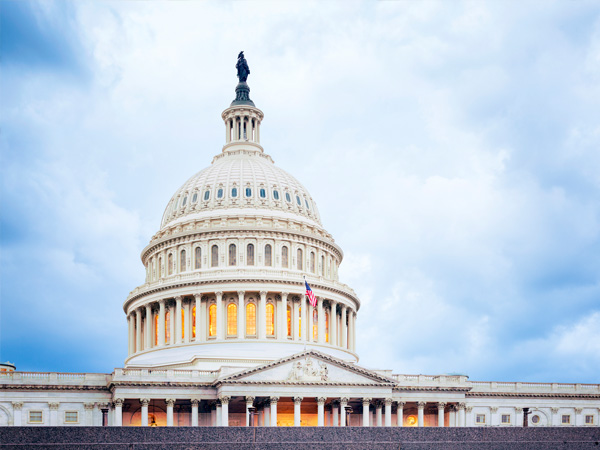Uncategorized
Congresses Passes New Law, Allows Early Distribution from IRA
As Congress begins to implement the Coronavirus Aid, Relief, and Economic Security (“CARES”) Act in the coming days, there are important aspects of the law Americans should know about aside from $1,200 direct payments. Individuals in dire financial circumstances due to the COVID-19 pandemic may be looking to their retirement accounts for relief. The CARES Act allows taxpayers to distribute up to $100,000 from their IRA prior to their 60th birthday without paying the 10% early distribution penalty under IRC Section 72(t) if the distribution is “coronavirus-related.” (United States. Cong. Senate. Coronavirus Aid, Relief, and Economic Security Act. 116th Congress. 2d Session. S. 3548. 19 March 2020 at Section 2103(a)(1)-(2)). Additionally, any such distribution repaid by the taxpayers within three years will be treated as an eligible rollover contribution and will not be subject to tax. Id. at Section 2103(a)(3)). It is important to note—the distribution must be meet the broad definition of “coronavirus-related.”
The CARES Act defines a coronavirus-related distribution as any distribution from an eligible retirement plan made—(i) on or after the date of the enactment of this Act and before December 31, 2020, (ii) to an individual: 1) Diagnosed with COV-19; 2) Whose spouse or dependent is diagnosed with COVID-19; or 3) Who experiences adverse financial consequences as a result of being quarantined…furloughed or laid off or having work hours reduced…being unable to work due to lack of child care…closing or reducing hours of a business owned or operated by the individual…or other factors as determined by the Secretary of the Treasury. As you can see, the definition is fairly broad. Id. at Section 2103(a)(4)(A).
In summary, American’s under 60 who are suffering financially during the COVID-19 pandemic may consider dipping into their IRA accounts without the fear of facing a 10% early distribution penalty.
